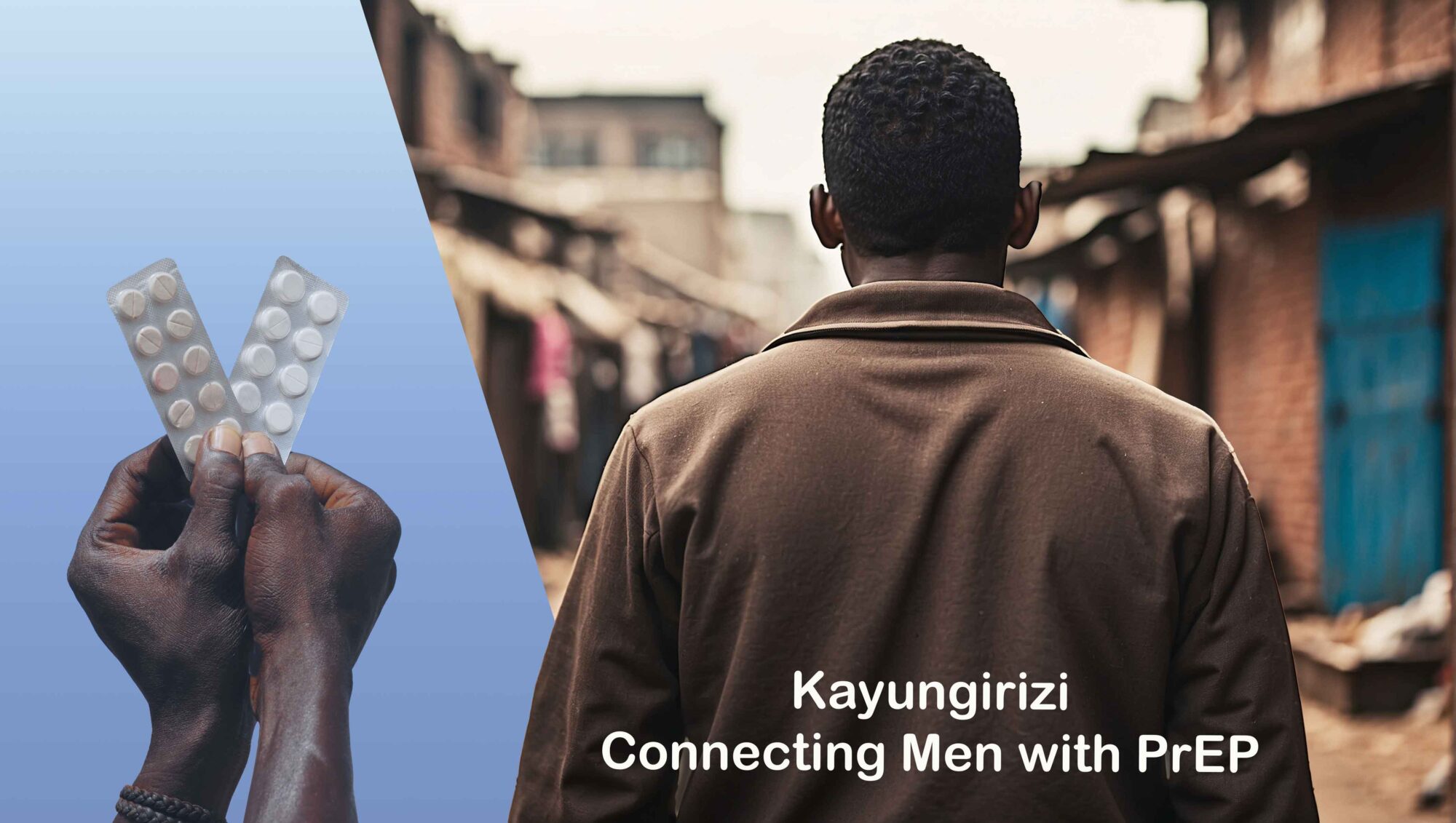OVERVIEW
STUDY DATES: 2024 – 2027
Research Title: Integrating secondary distribution of HIV self-testing and enhanced service linkage to promote PrEP uptake and persistence among high-risk men
This study proposes to develop, adapt and pilot test the Kayungirizi (“to connect”) intervention involving secondary distribution of HIV self-testing (HIVST) kits by female sex workers (FSW) to their male clients as an entry point to generate demand for PrEP, followed by an FSW-led intervention to address ongoing structural, interpersonal, and individual-level barriers (convenience, confidentiality/stigma, flexibility) to promote PrEP initiation, adherence, and persistence among male clients of FSWs in Kampala, Uganda.

STUDY AIMS
Aim 1. Create the proposed Kayungirizi intervention to promote PrEP initiation and persistence among male clients of FSW through qualitative research informing adaptation and integration of
components of local models and aspects of evidence-based interventions.
Aim 2. Conduct an initial small pilot of the intervention and refine it in preparation for the main pilot trial.
Aim 3. Determine acceptability, feasibility, and safety of the intervention, and preliminary estimates of the potential for the intervention, compared to the control, to promote PrEP initiation,
adherence, and persistence among male clients.
WHY?
This study explores how the use of HIV self-testing to generate demand for PrEP affects PrEP uptake and persistence, especially among populations at high risk for infection, like male clients of female sex workers (FSW).
In Uganda, HIV prevalence among female sex workers (FSW) is about 35%. Male clients of FSW have been identified as a high-risk group for HIV infection but less effort has been placed on reaching this group. Reducing HIV infection within the male clients of FSW has been projected to have a considerable impact in slowing the spread of HIV. Distribution of HIV self-tests (HIVST) by women to male sexual partners, including FSW to clients, a type of secondary distribution, has been shown to be safe, highly acceptable, and yields very high HIVST uptake. However, we don’t know how HIVST can benefit further HIV prevention such as PrEP.
Principal Investigators (PI)
Esther Buregyeya, PhD, MPH & Susan M. Kiene, PhD, MPH
PI Affiliations
Makerere University School of Public Health, Kampala, Uganda; San Diego State University School of Public Health
San Diego, California, USA
PARTNERS
- Kampala-area health facilities & drop-in centers

LOCATION
Kampala, Uganda

FUNDER: NIH, National Institute of Mental Health (R34MH132479)
Contact us with any inquiries or questions
OUTCOMES
Stay tuned…
Building Research Initiatives Advancing Global Health Equity (BRIDGE) at San Diego State University

